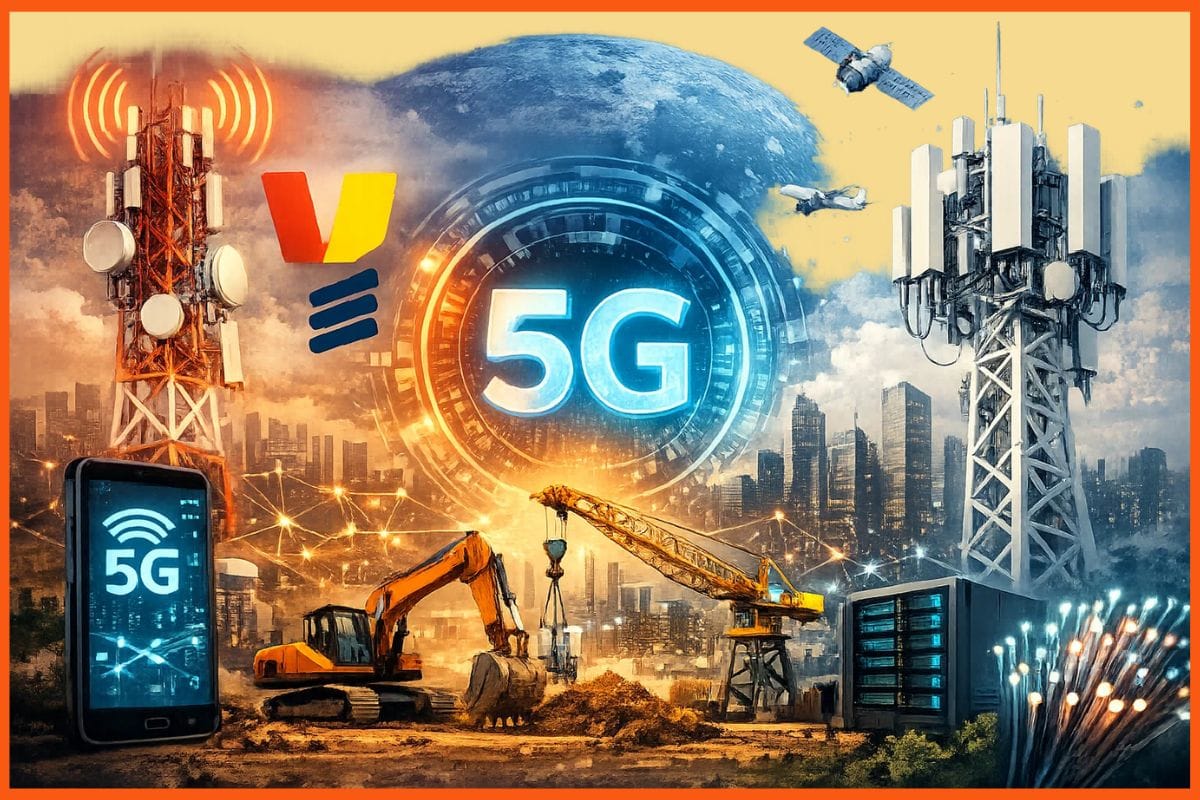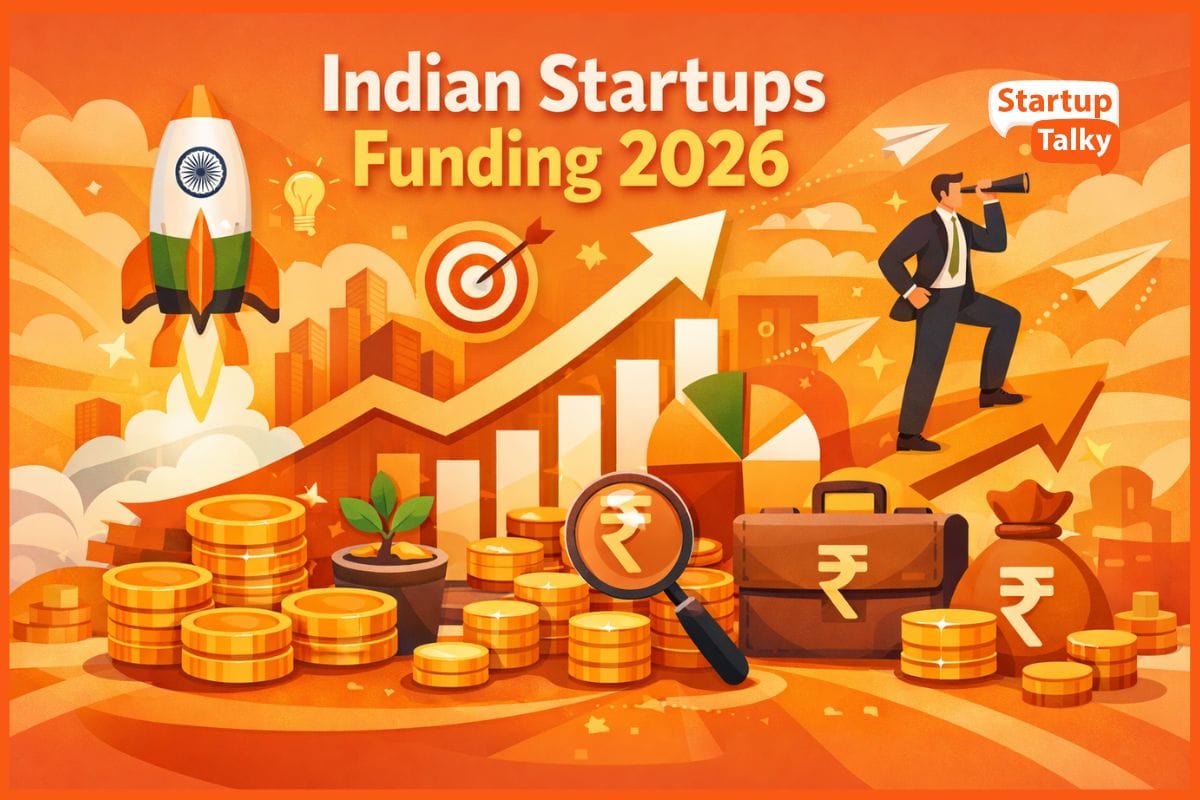As Mediation Continues, the Delhi High Court will Next Hear the Tesla Trademark Case in April 2025

The next hearing in the continuing trademark dispute between Elon Musk's Tesla Inc., a major electric vehicle firm, and Tesla Power, a battery company situated in Delhi NCR, has been postponed to April 2025 by the Delhi High Court (HC). According to a media outlet, the court postponed the hearing because the parties are still trying to resolve their differences through mediation at the Delhi Mediation and Conciliation Centre. At a hearing on June 4, the HC had requested that the two parties try to resolve the conflict through mediation.
Tesla Power is Using Impugned Marks
The Musk-led electric vehicle manufacturer claimed in May of this year that Tesla Power was using "impugned marks," which included the full version of its trademark "TESLA" as well as the descriptive phrase "POWER USA." On May 2, the Delhi High Court heard the matter for the first time. The court later that month prohibited Tesla Power from running ads that highlighted its electric vehicle line.
Additionally, it ordered Tesla Power to respond to the accusations. Despite pledging to stop using the contested logo, the EV manufacturer claimed in a later hearing that Tesla Power was still selling EV scooters under it. Tesla Power, meanwhile, stated that it had no ambitions to manufacture or sell EVs under its own brand and that the commercials using the name and emblem were a part of its marketing partnership with e-Ashwa.
Trademark is Creating Confusion
Tesla Power India was founded in 2022 and is headquartered in Gurugram, with its worldwide headquarters being in Delaware, USA. It asserts that it is a pioneer in the introduction of long-lasting, reasonably priced batteries. In April 2022, the Musk-led Tesla issued a cease-and-desist letter to the battery manufacturer, requesting that it cease trademark infringement. The EV giant used a screenshot of the article that said, "Tesla announces bringing EV scooters and charging stations to shops by 2025," from an Indian daily in their appeal. Additionally, the corporation contended that the Tesla Power trademark was confusing customers and possibly hurting its commercial interests in the nation.
Case has Highlighted Many Flaws of the System
But given Tesla's trademark registrations in India, the issue poses a crucial legal question: does TPI's use of "Tesla" for its main battery business violate Tesla's trademark rights? The idea of transborder reputation is crucial to this. Even if a well-known foreign brand is not officially registered in the local jurisdiction, its trademark protection is extended by transborder repute. The court's ruling in this case may be influenced by Tesla's portfolio of Indian trademarks, its reputation for producing electric cars worldwide, and its affiliation with cutting-edge battery technologies.
The complex nature of trademark law in a globalised economy is brought to light by the Tesla v. TPI case. Companies that operate internationally, especially those with well-known brands, will be closely monitoring the outcome.

Must have tools for startups - Recommended by StartupTalky
- Convert Visitors into Leads- SeizeLead
- Website Builder SquareSpace
- Run your business Smoothly Systeme.io
- Stock Images Shutterstock







